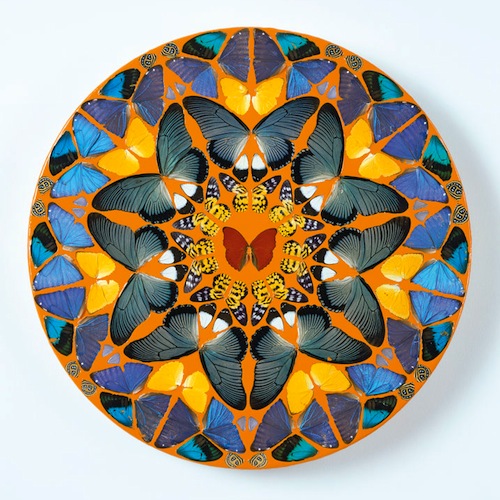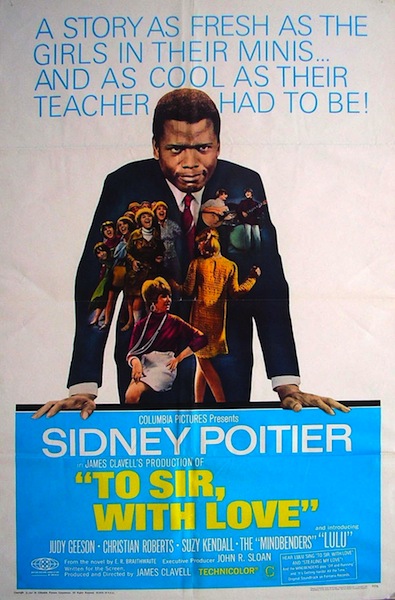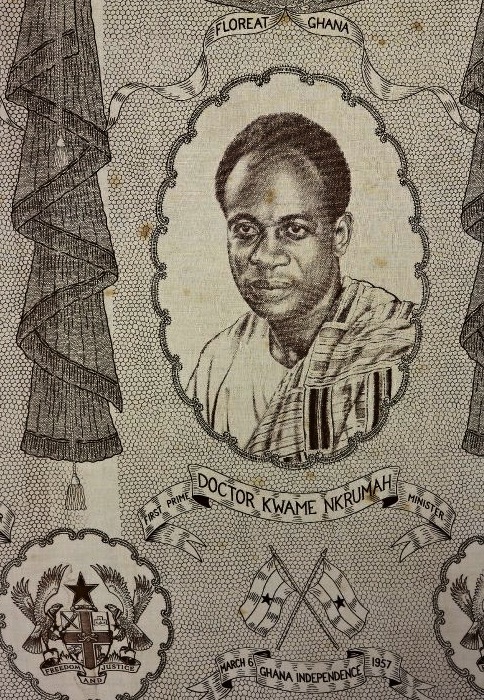Rabearivelo was a poet writing in Madagascar in the 20s and 30s — he killed himself in 1937 at the age of 36. He wrote in French; some of his later poems claimed to be translated from Malagasy, but according to this anthology’s introduction, the evidence suggests it was the other way round: that he wrote them in French, produced Malagasy versions, and then lied about it.

Initially at least he wrote squarely in the mainstream of French poetry at the time — again this is according to the introduction, I don’t know enough about early C20th French poetry to judge — but later he took more influence from local traditions, as evidenced by the way he pretended his poems had been translated from Malagasy.
This anthology includes a few examples of his early work but is mainly selected from three later books: shortish free verse lyrics from Presque-Songes (‘Near-Dreams’) and Traduit de la Nuit (‘Translated from the Night’); and short prose pieces from Vieilles Chansons des Pays d’Imerina [‘Old Imerinan Songs’].
The Madagascan influence is not especially obvious, to me at least, in the lyrics; there are a few references to lianas, cassava, coral, and so on, but most of the imagery seems to be very universal: twilight, stars, birds, flowers, bulls, the sun, the moon. I’m sure I’m missing things, since the book is blissfully free of footnotes; which is nice, because footnotes can feel a bit naggy and joyless, but on the other hand, when it says something like
What invisible rat
out of the walls of the night
is gnawing at the milk-cake of the moon?
it could for all I know be a reference to some Malagasy folk-story, or it might just be a ‘normal’ poetic image. And ‘gateau lacté‘ might be some kind of local dish, or it might just mean that the moon is round and white (if it is a real dish, a quick googling provides no evidence for it).
The local influence seems more obvious in the prose, which not only has more local colour but has something of the flavour of traditional story-telling to it. Here’s an example (this is the entire piece):
– Who is there? Is the Woman-whose-footsteps-echo-the-livelong-days? Is it the Woman-who-is-hard-to-question?
– It is not the Woman-whose-footsteps-echo-the-livelong-days nor the Woman-who-is-hard-to-question! But I am the wife of another, and the livelong days I must know my place. Besides I am the wife of another, and when someone tells me our secrets I am not at all pleased. So plant one root of a fig-tree: perhaps its shadow would make me come. Plant a few roots of castor-oil tree: perhaps then you might be able to hold me. I would rather walk a long way to get my pitcher filled than take away a half empty pitcher with no waiting!
– Offer me green fruits and I will offer you bitter ones.
Questions of ethnology and influence aside, I quite enjoyed it as poetry, although I always struggle with poetry in translation: I assume I’m missing something and try to give everything the benefit of the doubt, but it does feel like watching TV through smoked glass sometimes.
At least in this case I had the French parallel text, but my long-withered schoolboy French was never good enough to assess poetry. It is good enough to find a few spots where the translation seemed a bit odd: repetition in the French which wasn’t reproduced in the English, long sentences in French which were broken up in translation, slangy dialogue in English which seemed less slangy in the original. Small things, really, but they just undermine your confidence a bit.
Still, it was interesting and enjoyable enough to be worth reading.
Translations From The Night: Selected Poems Of Jean-Joseph Rabearivelo is my book from Madagascar for the Read The World challenge.





